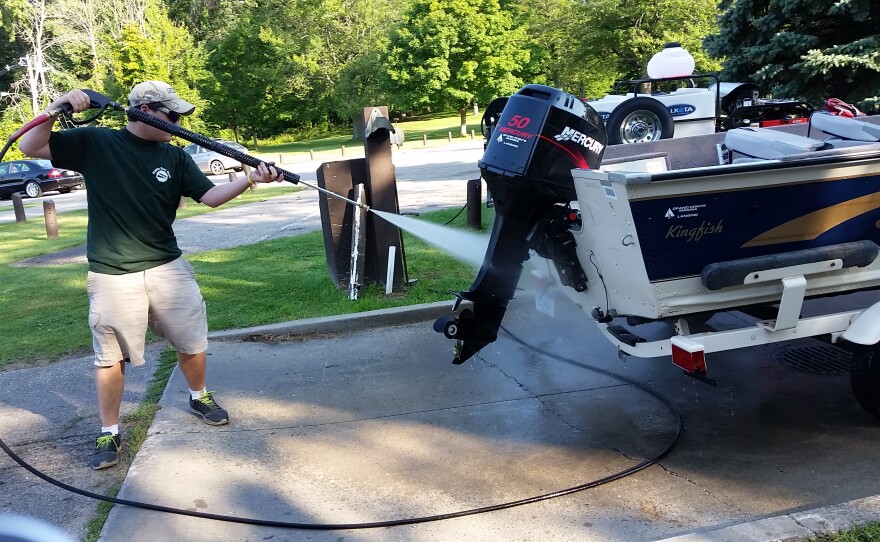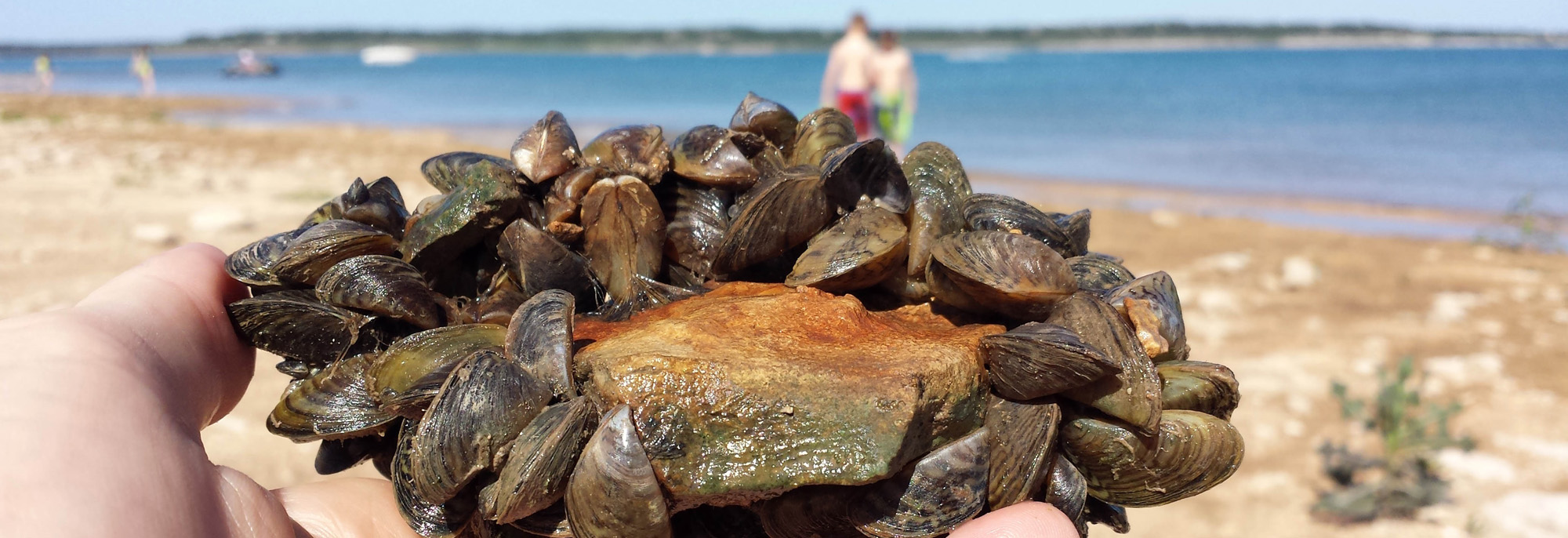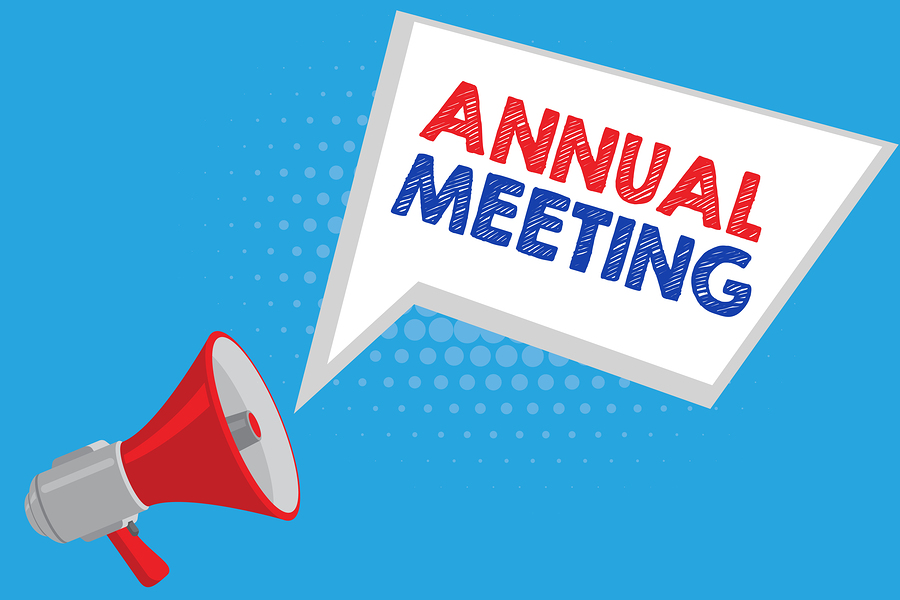Article by: Gavin Berg & Kate Wilson (Alberta Environment & Sustainable Resource Development)

With warming temperatures and thawing lakes, there is more on our minds than peaceful weekends at the lake this summer! Aquatic invasive mussel species are knocking on Alberta’s door, threatening to show up at any given time and totally change the ecology of our local lakes and water bodies.
Hitching a ride between lakes on boats, trailers, and unwashed equipment, zebra and quagga mussels of the Dreissenid family are spreading throughout eastern Canada and the western United States at an almost unstoppable rate!
Originally from the Eurasian waters of the Black Sea and Caspian Sea, it is believed that they spread to North America through the ballast water of large shipping vessels traveling down the St. Laurence Seaway. Once established in the Great Lakes region, boaters unknowingly helped move the species around the continent, infesting lakes and waterways from southern Ontario to Louisiana and west to Nevada and California. Many lakes and reservoirs across the southwestern United States is now home to quagga and/or zebra mussels.
So what’s the big deal? Imagine your beach having so many shells on it that you had to wear water shoes to prevent your feet from being cut when you go in the water (not to mention the smell of rotting shells). Imagine taking your dock out each year only to find it caked with mussels. Imagine your boat hoist being unusable because the mussels on the pipes prevent the hoist from going up and down. Imagine your potable water supply drying up because the intake pipes are too clogged with mussels. Imagine all of these things and then expand those thoughts to the larger picture. The Government of Alberta is responsible for approximately $8 billion worth of water infrastructure, including hydroelectric and irrigation systems. Including the private sector, our water infrastructure is valued at over $14 billion – which does not include annual costs to replace and maintain facilities if mussels were to invade our lakes and rivers. Local industries also have a large stake in the issue. If these systems become fouled with invasive mussels, the amount of resources required to control the problem will be astronomical. These are real threats and one only has to look to our neighbors to the south to see the evidence and damage these species are causing.

To date, there has been no record of the species occurring in Alberta waterways, although there have been several mussel-fouled boats intercepted already this season! Most other jurisdictions have mandatory watercraft inspection stations with the same goal of thwarting a mussel invasion in mind. These inspection stations are incredibly valuable face-to-face educational opportunities as well as a mighty preventative tool. Ensuring that boats are CLEAN, DRAINED, and DRY prevents all kinds of other invasive species from taking up residence in our waters too, Eurasian watermilfoil, New Zealand mudsnails, and Didymo, to name a few. Due to the vast number of boat launches, it usually makes the most sense to set inspection stations up on major highways, which targets the highest risk boaters (who travel with their watercraft or buy them elsewhere) and provides the best safeguard to protecting our lakes.
Zebra and quagga mussels eat by filtering water and removing microscopic organisms. In a water body with a large outbreak of mussels, this filter-feeding can quickly deplete the lake of an important food source for native species in the lake, such as the larval and juvenile stages of sport fish. Additionally, by removing the microscopic organisms the water becomes much clearer. Less turbid water leads to much higher plant growth which wreaks havoc on boaters and changes the delicate balance of the natural ecosystem. Mussels have also been linked to exacerbating algae outbreaks and contributing to large-scale bird die-offs due to botulism contamination up the food chain.
The Alberta Government is initiating a program to fortify our borders from the threat of these invasive species. In the summer of 2013, boat inspection stations will be set up at some of our most vulnerable border crossings and a monitoring program will be initiated to ensure that our lakes have not already been infested. In addition, we will have an emergency response in place that will enable us to respond to situations where mussel-fouled boats can be intercepted and properly decontaminated before launching in Alberta lakes.
There are a few simple steps that people can take to prevent aquatic hitchhikers when transferring equipment from one water body to another:
Spread the word, not the species. Informing water users of the issues surrounding these species and the steps to take to reduce the threat is a major step that we can take to get ahead of the problem. If you or someone you know is bringing a boat in from elsewhere or planning on traveling with their boat, help us spread the word and protect our waters!


GLWS NOTICE OF ANNUAL MEETING To be held at the Meridian Beach Hall – 285 Canal St. (*directions attached)at 10:00